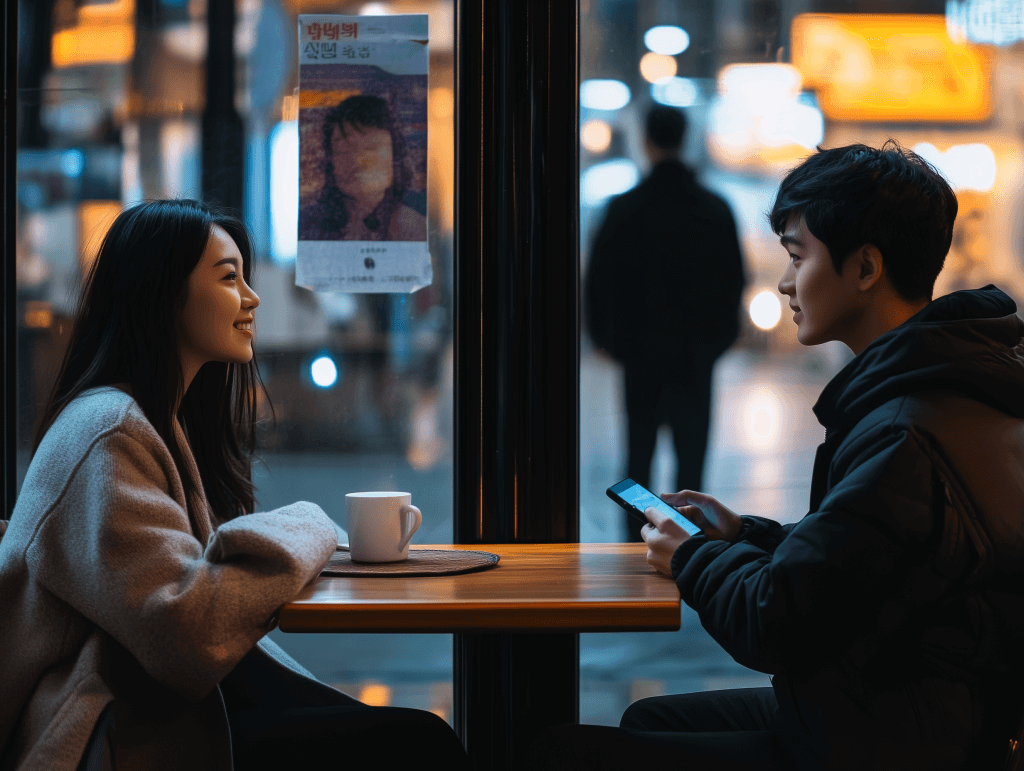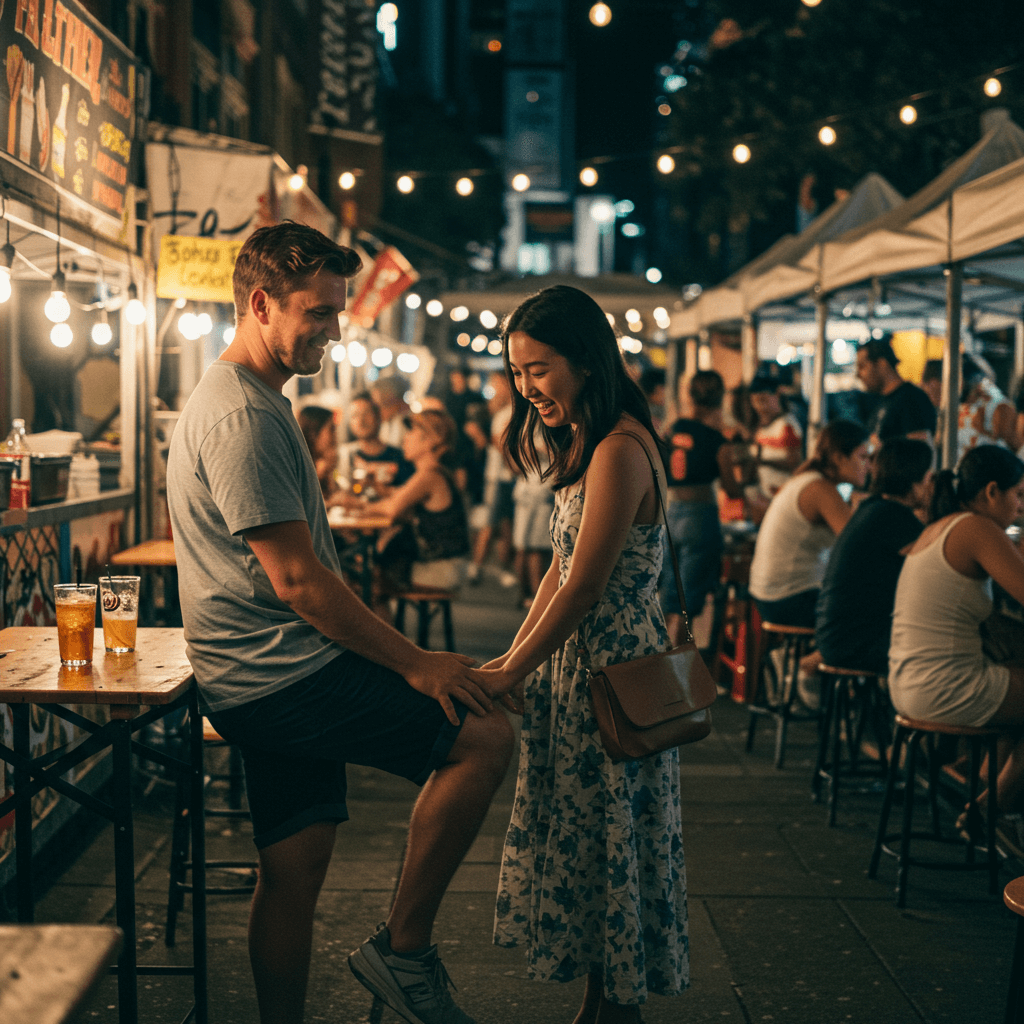Navigating relationships with emotionally unavailable people can feel challenging and emotionally draining. Emotional unavailability often manifests as difficulty connecting on a deeper level, and understanding its causes and signs can pave the way to healthier interactions. Whether you’re dealing with an emotionally unavailable partner or striving to address your own emotional unavailability, this guide offers insights and coping strategies.
What Does Emotional Unavailability Look Like?
Emotionally unavailable people often struggle with vulnerability and intimacy. This unavailability can stem from various causes, such as past trauma, attachment styles, or fear of getting hurt. People may notice signs like a reluctance to share emotions, difficulty trusting others, or avoidance of deeper conversations. An emotionally unavailable person might also become defensive during emotional conversations or seem distant when intimacy arises.
In contrast, emotionally available individuals embrace emotional openness and foster emotional intimacy. Emotional availability requires a willingness to express emotions, trust others, and engage in a healthy manner within relationships. Recognizing the difference between emotional availability and unavailability is crucial for building meaningful connections.
Causes of Emotional Unavailability
The causes of emotional unavailability vary but often include:
- Attachment Styles: An avoidant attachment style can lead to emotional distance, making it harder for people to get close.
- Fear of Vulnerability: Emotionally unavailable people might fear being hurt, leading to avoidance of emotional conversations.
- Past Trauma: Difficult experiences can cause individuals to shut down emotionally, creating barriers to emotional intimacy.
- Self-Protection: Some unavailable people might rely on coping strategies to avoid getting hurt, such as making excuses or focusing on future plans instead of the present.
Signs of Your Partner Being Emotionally Unavailable
Emotionally unavailable people might exhibit patterns such as:
- Avoiding deep emotional conversations
- Becoming defensive when emotions are discussed
- Difficulty trusting others or sharing feelings
- A lack of long-term commitment or vague future plans
- Making excuses to avoid time together
If you think you may be dealing with an emotionally unavailable partner, consider their actions and patterns. Unavailable people tend to avoid emotional conversations and prioritize self-protection over vulnerability.

How to Address Emotional Unavailability
While emotional unavailability can feel like a significant obstacle, there are ways to address it:
- Open Communication: Express emotions without judgment and encourage emotional openness in your relationships.
- Set Boundaries: Establishing clear boundaries can help manage emotional distance and foster healthy interactions.
- Seek Support: Therapy can provide coping strategies and help individuals understand the roots of their emotional unavailability.
- Practice Vulnerability: Sharing feelings and fears in a safe environment can gradually build greater emotional availability.
Building Healthy Relationships
Healthy relationships require emotional availability and a willingness to engage in emotional conversations. Emotionally available people prioritize connection and intimacy, fostering trust and emotional openness. To build healthy relationships:
- Focus on mutual respect and vulnerability
- Address patterns of emotional distance early
- Commit to personal growth and emotional awareness
Overcoming Emotional Unavailability
If you’re working to overcome emotional unavailability, remember that change takes time and effort. Recognizing the causes and addressing the signs are essential first steps. Developing emotional availability involves:
- Embracing vulnerability
- Letting go of fear and past patterns
- Fostering emotional intimacy and trust
Final Thoughts
Emotionally unavailable people and emotional unavailability can present challenges in relationships, but understanding these dynamics opens the door to growth and healthier connections. By fostering emotional availability and addressing emotional barriers, individuals can build stronger, more fulfilling relationships. Whether dealing with an emotionally unavailable partner or striving to improve your own emotional openness, remember that emotional growth is a journey worth taking.













